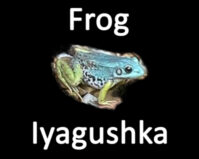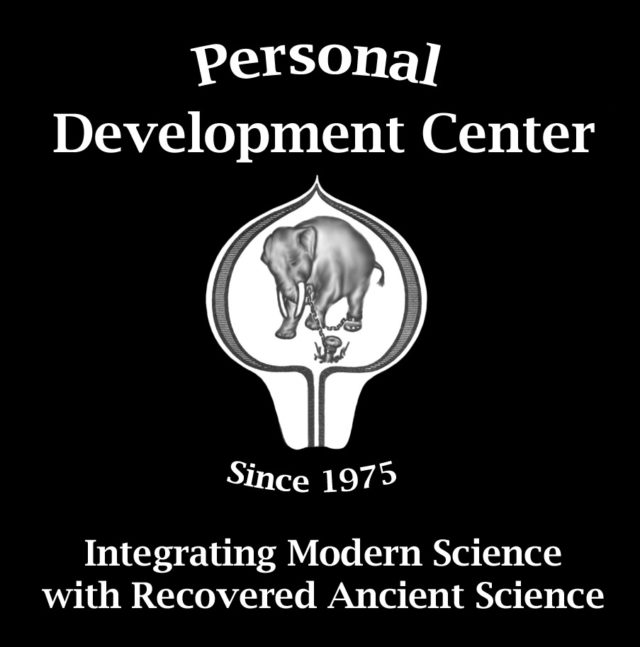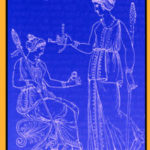About Translations

excerpted from Joy and Evolution
Translating foreign writings poses interesting challenges. Robert L. Peck discovered early in his scientific career that it takes more than an honest interest, knowledge of transliteration letters and a good dictionary. In “About Translations” Peck shares thoughtful insights about translations he experienced while taking technical and conversational Russian courses.
Years ago, I found that I needed to translate technical Russian documents because they related to my field of work in energy. Consequently, I took a very short course in technical Russian…With the help of what I learned in the course, and with a good Russian dictionary, I then found that I could slowly translate technical Russian into understandable English…
Robert L. Peck
Peck’s Translation Challenges
Despite Peck’s success in translating Russian technical documents after mastering his first Russian course, he quickly learned from another Russian instructor that a Russian primer would be very difficult to understand. Readers will discover in “About Translations” the fundamentals of translating foreign writings.
I was anticipating meeting some visiting Russian scientists and wanted to at least learn how to say hello, so I then took a course in conversational Russian…The resulting discussion was very worthwhile as it demonstrated to everyone the problems of attempting to translate or understand any article without a background or wisdom of what lay behind the words…
Robert L. Peck
The Importance of Set and Setting
Often, we have trouble understanding our friends, colleagues, and spouses whom we know intimately. Understanding someone from a different time and culture is much more challenging. Peck points out how knowledge of set and setting is crucial in understanding another’s thesis.
Anyone translating a document must first have a wisdom and awareness of the milieu from which the document comes, as well as experience with the subject being written about…
Robert L. Peck

